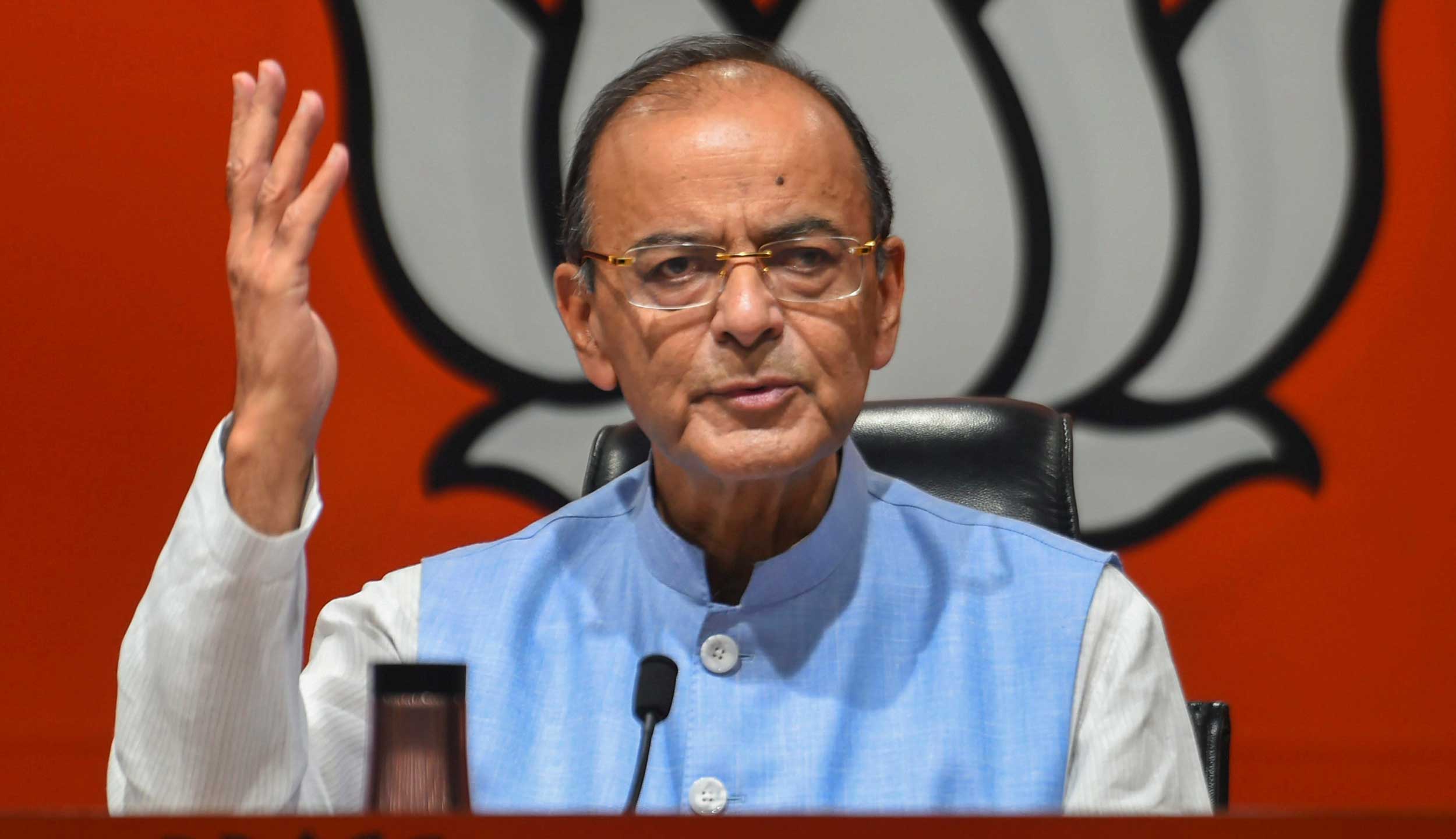Latest business news
Crypto-currencies, including Bitcoins, outlawed in India: FM Jaitley

India News
Union Budget 2026 highlights: Nirmala Sitharaman Raises Capex to Rs 12.2 Lakh Cr, West Bengal Gets Major Allocation
Finance Minister Nirmala Sitharaman is presenting the Union Budget 2026 in Parliament today. Follow this space for live updates, key announcements, and policy insights.
India News
Union budget 2026 to be presented on Sunday with special trading session
The Union Budget 2026 will be presented on a Sunday for the first time in over two decades, with NSE and BSE announcing special trading sessions for the day.
India News
Modi says right time to invest in Indian shipping sector; meets global CEOs
-

 India News6 hours ago
India News6 hours agoJNU protest turns violent as Left and Right student groups trade charges
-

 India News7 hours ago
India News7 hours agoDevendra Fadnavis seeks CBI probe into Ajit Pawar plane crash
-

 LATEST SPORTS NEWS7 hours ago
LATEST SPORTS NEWS7 hours agoICC Men’s T20 World Cup 2026: South Africa outclass India with smart slower-ball strategy in Super 8
-

 India News6 hours ago
India News6 hours agoWorld praised India’s AI potential at AI Impact Summit, says PM Modi
-

 Latest world news40 mins ago
Latest world news40 mins agoBangladesh president Shahabuddin accuses Yunus of conspiracy to unseat him









